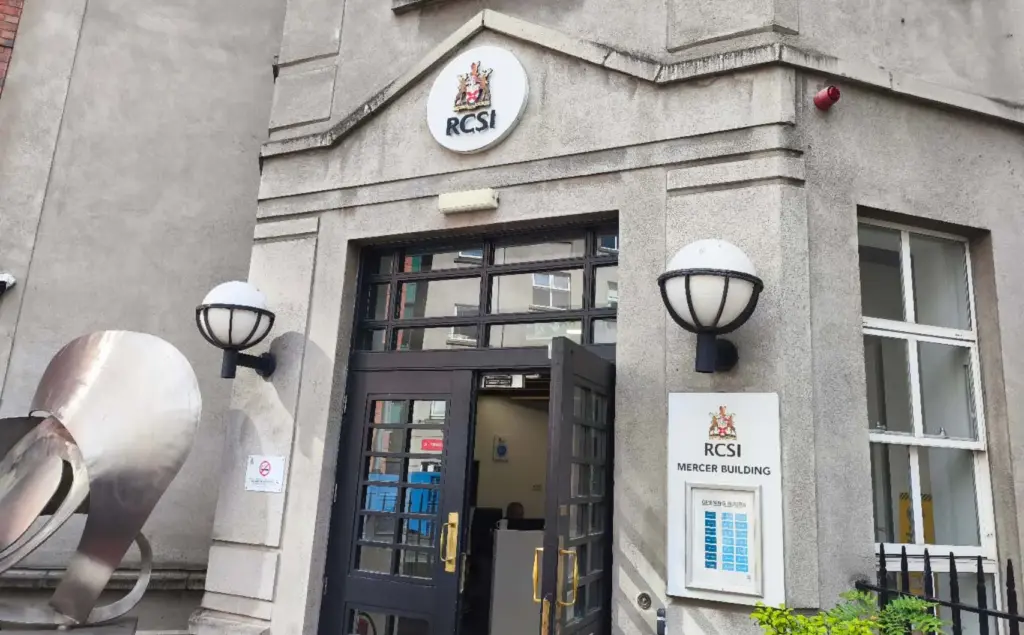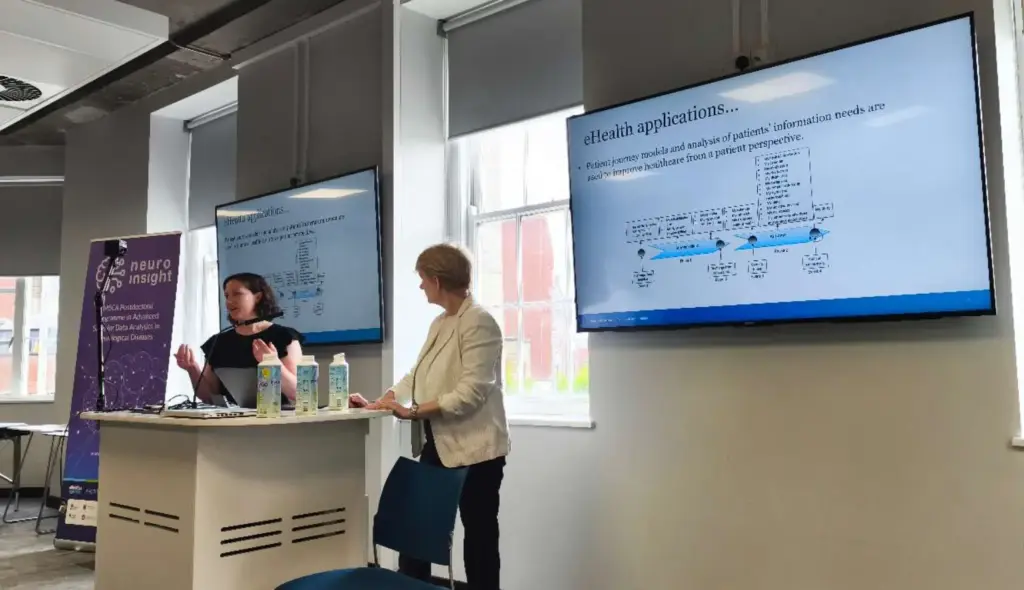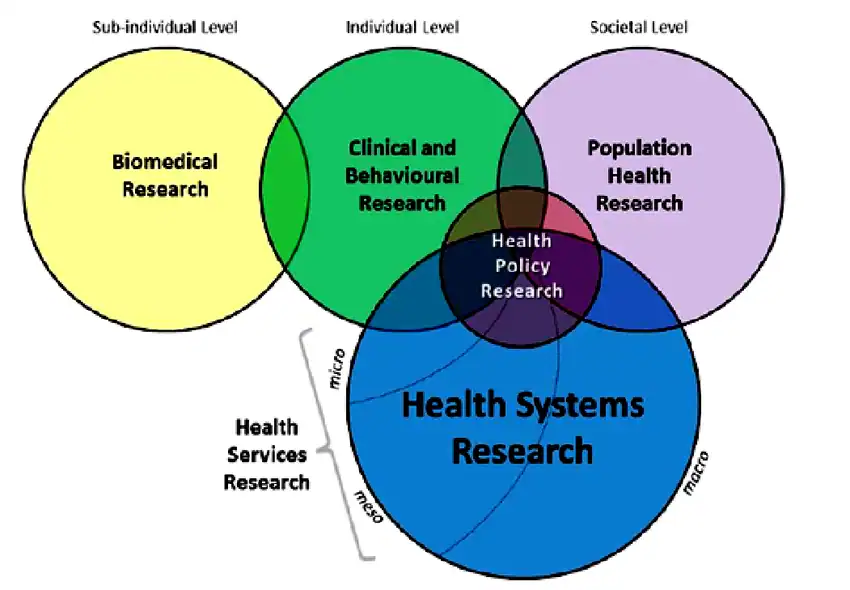From Ethnography to Generative AI
May 22, 2025
Day 2 at NeuroInsight Summer School

A day of exploring research through Ethnography and AI-powered productivity tools.
The morning session, Ethnography and Health Services Research, was led by Dr. Miriam Galvin and Ms. Lesley Doyle. We discussed the history and practical application of ethnographic methods in health research and digital healthcare technologies. The session mapped different levels of health services research—sub-individual, individual, and population level—using real-world examples from the Academic Unit of Neurology at TCD. It highlighted the importance of ethics, governance, and data privacy in health systems research.
In the afternoon, we dove into Enhancing Research Productivity through Generative AI with Prof. Tomás Ward. This highly interactive session explored how researchers can use cutting-edge AI tools to streamline their workflows—from writing and analysis to app development and dissemination.
We were encouraged to set up free accounts on several leading platforms:
Additionally, we were advised to use a Google account to access Google Colab—a cloud-based notebook environment that enables you to write and execute Python code, including using Gemini, Google’s own large language model for code generation and data analysis.
We also explored how AI can assist in app development using platforms like Replit, where you can prototype applications quickly. One creative workflow example was using ChatGPT to generate prompts or backend logic, then applying it within Replit to build functional prototypes.
A key highlight was Prompt Engineering, where we learned detailed methods and classifications of how to craft effective prompts. This included:
Zero-shot prompting,
Role-based prompting,
Chain-of-thought prompting, and more.
We were introduced to learnprompting.org—a fantastic open-source resource that teaches prompt engineering from beginner to advanced levels, offering structured lessons and hands-on examples.
It was a fantastic and practical training session. I was especially happy to finally meet Prof. Tomás Ward in person—whom I first came to know over three years ago during my time as an occasional lecturer at Maynooth University. His guidance today not only improved my understanding of AI tools but also inspired new directions in my research and career planning.

Many thanks to all the speakers today!
